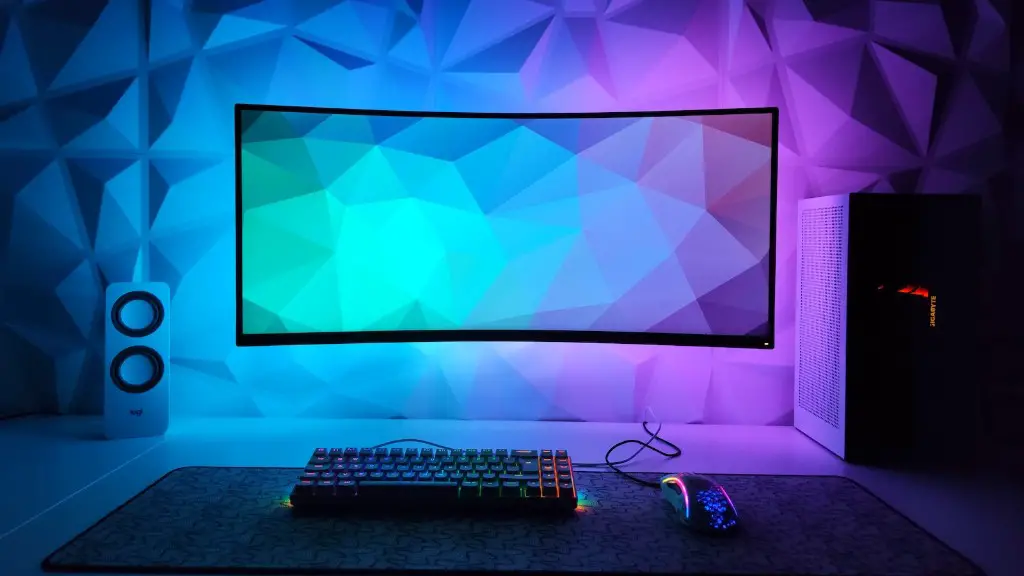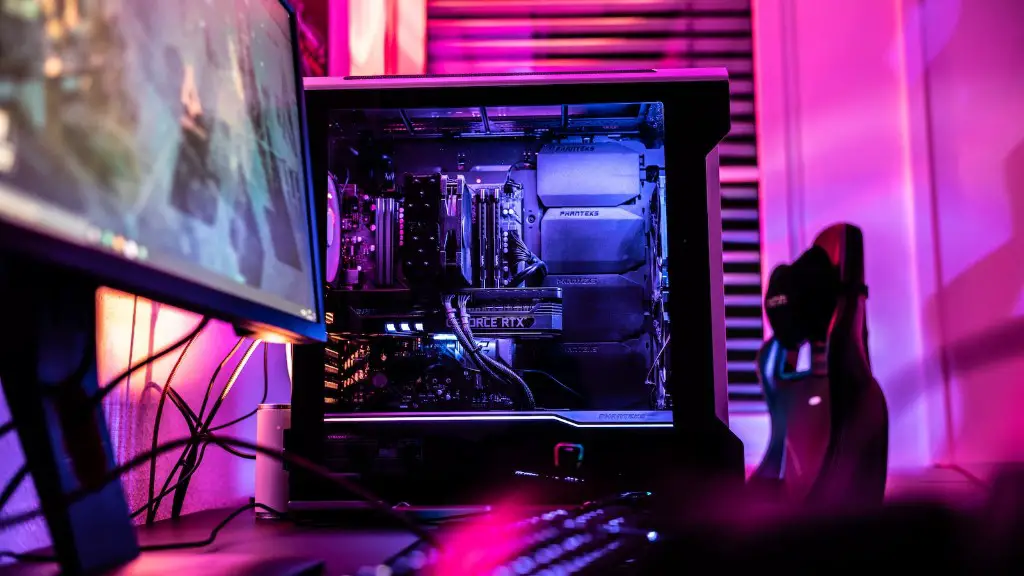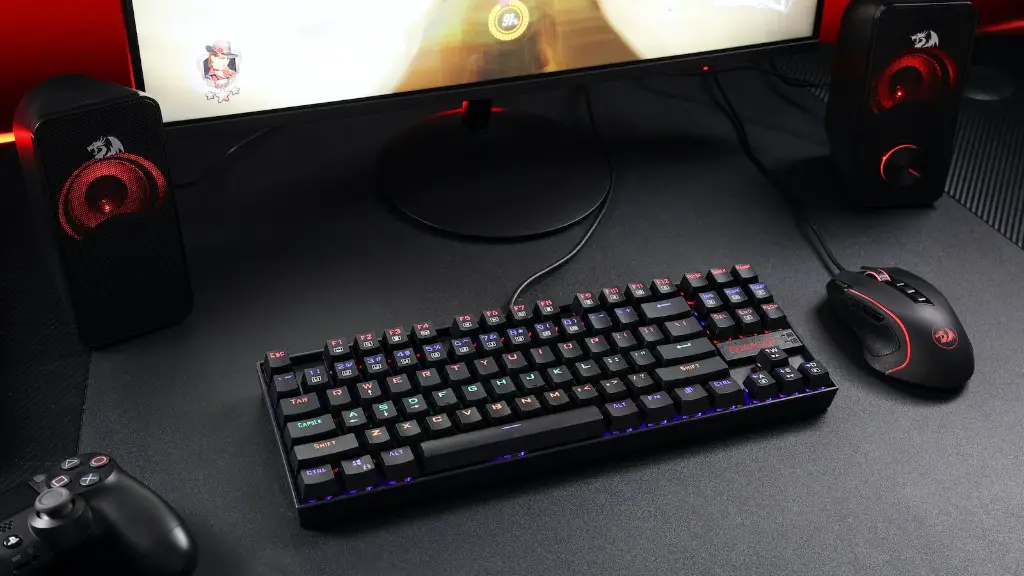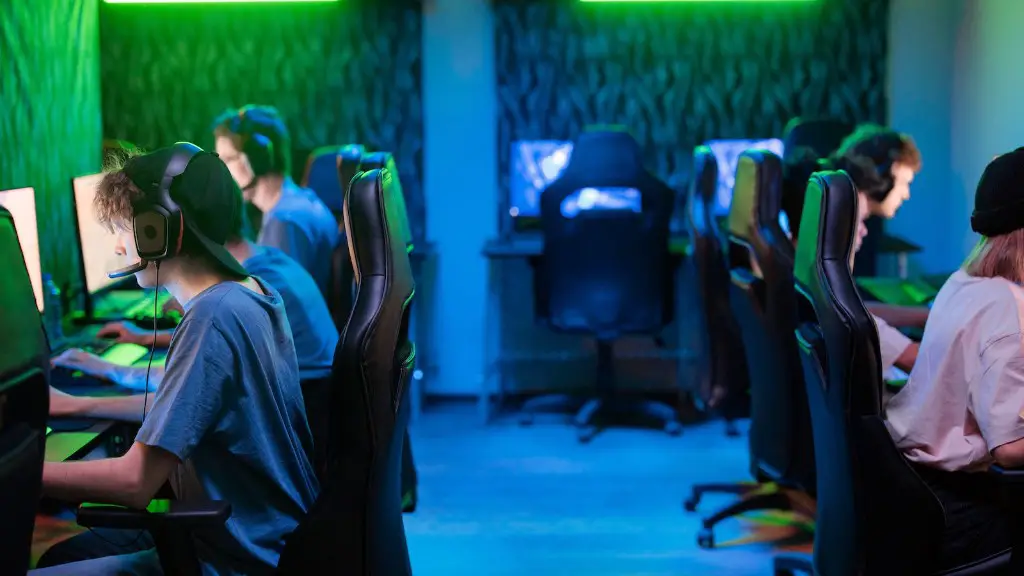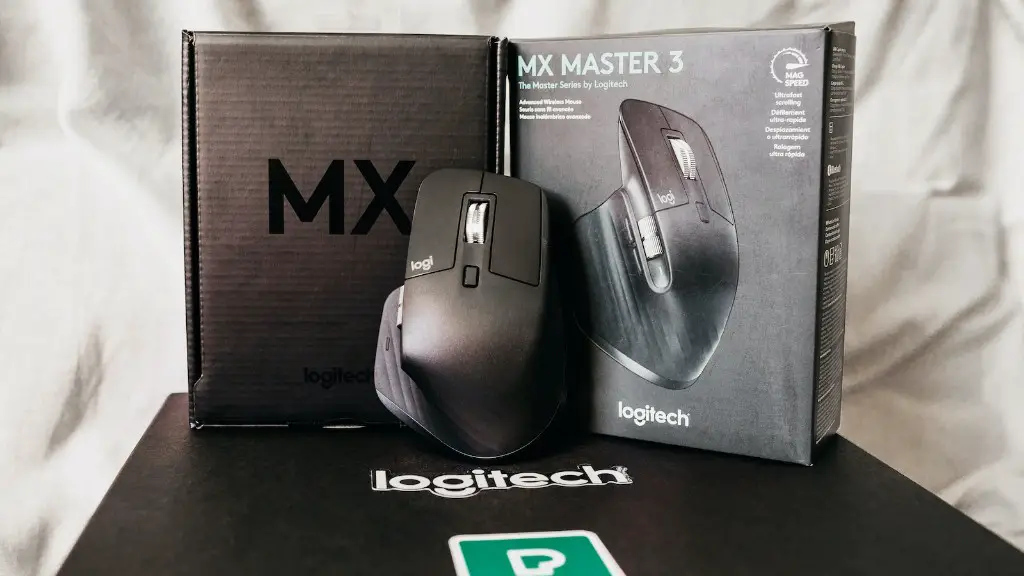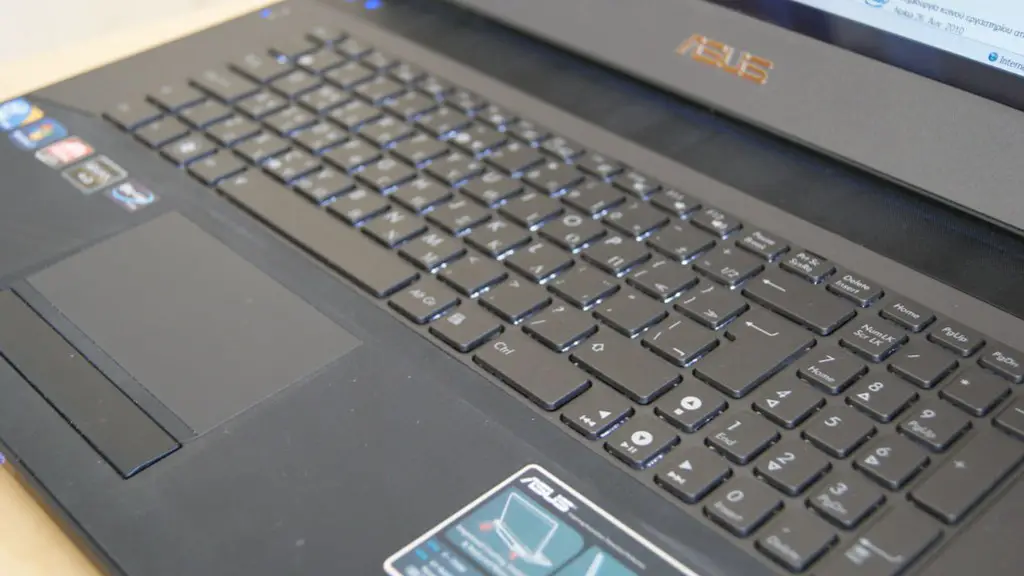Building your own PC will save you money and give you full control over how it looks and how it performs. But where should you start? Obviously, you’ll need to know what parts to buy and how to put them together, but there are many other steps to consider when building a gaming PC. To help you get started, here are 7 tips for building a gaming PC.
1. Determine Your Budget: Before you start shopping for parts, it’s important to know what you are willing to spend. Decide how much you can reasonably afford and stick to it. If you set a budget, it will be easier to shop for parts without breaking the bank.
2. Choose the Right CPU: The central processing unit (CPU) is the most important component of any PC build. Choosing the right CPU will ensure that your gaming PC runs smoothly and can handle the latest games. While you don’t necessarily need to buy the most expensive CPU available, it is important to purchase one that is powerful enough to meet your needs.
3. Pick the Right Graphics Card: The graphics card is what enables your PC to display beautiful visuals. To ensure you can run the latest and greatest games, consider purchasing one of the most recent graphics cards. Be sure to research different models and read reviews to ensure you purchase one that is right for you.
4. Choose The Perfect Ram: Random Access Memory (RAM) is what helps your gaming PC run smoothly and allows you to keep multiple applications open at once. Make sure to purchase RAM that’s compatible with your motherboard, and also consider the speed of the RAM. The faster the RAM, the better your PC will perform.
5. Select An Appropriate Hard Drive: The hard drive is where you’ll store all of your files, documents, games and programs. You’ll need to decide between solid state and platter drive, as well as the size of the hard drive. Consider investing in an SSD, as they are faster and more reliable than platter drives.
6. Pick a Reliable Motherboard: The motherboard is the foundation of any gaming PC, as it connects all of the components together. It’s important to research the best motherboards before making a purchase, as this will ensure that the components you choose are compatible with the motherboard. Additionally, you’ll want to make sure the motherboard has the necessary ports and features.
7. Choose a Cooling System: Gaming PC temperatures can get high when running intense games, so it’s important to make sure your PC stays cool. You’ll have to decide between air cooling or a liquid cooling system, but no matter which you choose, be sure to invest in a quality cooling system to keep your entire PC running efficiently.
Tips for Buying Parts
Once you have decided on the main components of your gaming PC, the next step is to decide which specific parts you should buy. When looking for parts, it’s important to consider the manufacturer, the price and the reviews. Do your research and make sure you buy components from reputable companies. It’s also important to pay attention to the specs of the parts, as many components are not compatible with each other. As you shop online, be sure to read the reviews of the parts you are considering, as this will help you make an informed decision.
While it’s possible to purchase all of your components from the same website, it’s worth shopping around to find the best deals. Many gaming-related websites also offer bundle deals, which can help save you a lot of money in the long run. The key is to do your research and be willing to shop around for the best prices.
Also, be mindful of the extra costs associated with building a PC, such as shipping fees and taxes. It’s easy to overlook these costs when purchasing online, so it is important to be aware of them before you commit to buying a part.
Finally, you’ll also need to invest in accessories, such as a keyboard, mouse and monitor. Be sure to research the latest models and read reviews to ensure you purchase the best ones for your budget. You’ll also need extra cables and a surge protector, so make sure to add these to your list as well.
Putting It All Together
Once you have purchased all of the components and accessories, the next step is to assemble them. If you have never built a PC before, it is best to do a lot of research and watch plenty of tutorials to get familiar with the process. Make sure to follow the instructions carefully and double-check all of your connections.
When putting your PC together, it’s important to make sure your components are compatible with each other. Many components require specific powers and slots in order to work, so be sure to double-check these connections. Additionally, pay special attention to cable management and cooling, as these can make a big difference in your PC’s performance.
One of the most important things to remember when assembling a gaming PC is to handle components with care. PC parts are very delicate, and they can easily be damaged if not handled properly. Be sure to use an antistatic wristband and exercise caution to avoid any damage.
Finally, after everything is connected and in place, it’s time to turn on your PC. At this point, you’ll want to check for any errors, adjust the settings and install your operating system and necessary drivers.
Testing Your Pc
After your operating system is installed, the next step is to test your PC and make sure everything is functioning properly. Open various applications and programs to ensure they run smoothly. Additionally, launch different games to make sure your new PC is handling them without any issues.
Also, be sure to run benchmarks to test the performance of your PC. Benchmarks are useful for testing the speeds of your components and ensuring everything is working properly. If you are unhappy with your PC’s performance, it might be time to consider investing in higher quality components.
It’s also important to make sure the components you purchased are getting enough power, as this can have a big impact on performance. Investing in a quality power supply can significantly increase the performance of your PC.
Finally, put your PC under load and test it for at least a few hours. This is the best way to determine how your gaming PC will hold up in the long-term.
Upgrading Your Pc
Although you may have purchased the best parts for your budget, it is inevitable that some of your components will eventually need to be upgraded. Whether it’s due to better components coming onto the market or your need for more power, exercising caution when upgrading your PC is the best way to ensure you don’t damage any parts.
When upgrading, take your time and make sure to choose compatible parts. It’s also important to research the parts you are considering to make sure they are worth the investment. Only upgrade if it’s necessary, as it can be expensive and time-consuming.
Additionally, when upgrading your PC, consider taking the opportunity to improve the aesthetics. If you are reusing old components, feel free to add a few extra touches, such as new cables or a custom paint job.
Finally, when upgrading components, consider whether or not you need to invest in better cooling. If your temperatures are getting too high, you may need to consider investing in better fans or a liquid cooling system.
Maintenance
In addition to being a fun activity, building your own gaming PC requires maintenance in order to keep it running smoothly. After all, just like a car, your PC will require periodic maintenance in order to remain in top condition.
One of the most important steps is to keep your PC clean. Dust can build up over time and can cause problems if left unattended. Be sure to use a vacuum to clean out all of the ports and fans, and replace the thermal paste when necessary. Additionally, make sure to keep your operating system up to date and your drivers current.
You should also back up your PC data on a regular basis in case there are ever any issues with your system. Additionally, if you notice any performance issues, be sure to run a system check to make sure nothing is wrong. And if all else fails, consider reinstalling your operating system.
Finally, when gaming, it’s important to be mindful of the temperature. Gaming PCs can generate a lot of heat, so be sure to check the temperature of your system and apply additional cooling if necessary. This will ensure your PC runs properly and prevent it from crashing during an intense gaming session.
